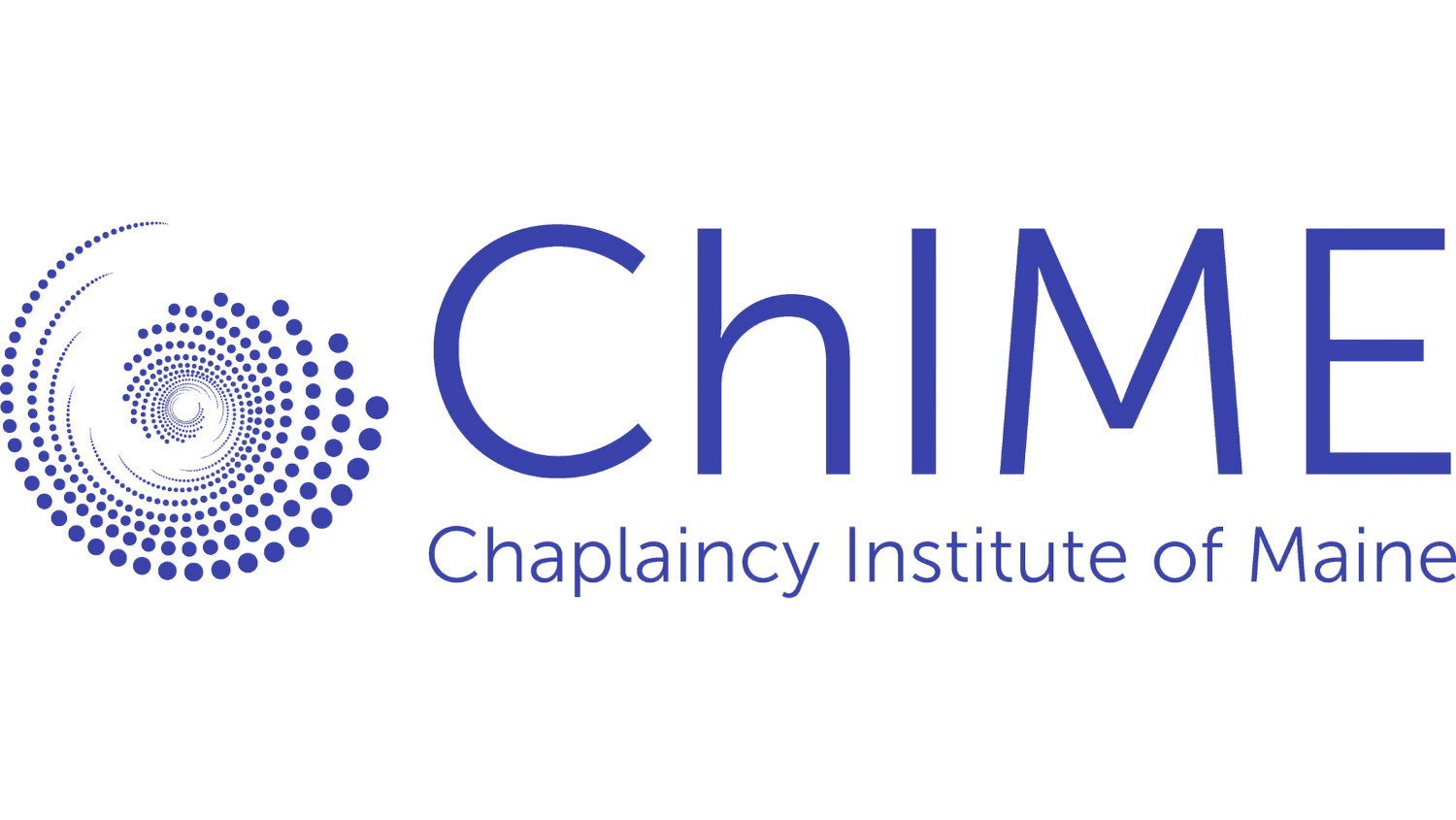by gkisedtanamoogk
Reflections on the unity of religious doctrines and the consciousness the unity transforms, can be quite appealing and inspiring. Indeed, Enlightened characterizations of the leading world religions provide profundity to the thought of such unity. The foundations of reflections on unity may in fact be forming a developing global consciousness, which is timely and needed. What concerns me most deeply is that a form these aspects of unity and enlightenment take is reminiscent of narcissism and privilege, the result of a privileged, sheltering class system.
While warming my heart and yearnings, i* need to reflect the reality and realities of Peoples of Color, some 75-80% of the global population, not reflected in the candidus of privilege. As a person of color and Indigenous at that, i observe the socio-economic conditions wrought upon Peoples of Color, as well as the outcomes flowing from such conditions, as a horrid on-going legacy. For Indigenous Peoples, systemic genocide prevails as fundamental policy pervading the vast vestiges of treatment (political, legal, social) and lack thereof (medical, educational, social), and remain a key factor promoting the systems of socio-economic conditions passing as “normal.”
In the matter of Indigenous experiences, i wonder what proponents of unity and enlightenment and the congregation of their followers would have to say regarding their teachings in light of these questions. i would feel more enlightened if they would also caste such unity as the mandate to make religiosity the catalyst for finally ending the increasing abject poverty and class systems, which appear to normalize such conditions; the violence toward Women, particularly Women of Color; and what some world religions describe as “unforgivable sins,” which plague humanity still and throughout history. This should have been the norm from the beginning. Such “sins” might have us believe in the innate violence of the human species, rather than in the innate love which infants and children, not-yet-corrupted by our adult systems, display for us. Followers of Jesus, Mohamed, the Buddha, would not have engaged in such history if all would have simply lived those profound teachings.
*What may seem like non-standard capitalization in this Reflectionary is intentional and consistent with the Wampanoag worldview. gkisedtanamoogk, is from the Wampanoag Community of Mashpee located on cape cod south of boston, massachusetts, married to Miigam’agan. Together they have three Children and three Grandchildren. He was one of five Commissioners on the Maine Wabanaki State Child Welfare Truth and Reconciliation Commission and taught for 10 years at the University of Maine. He has shared several presentations with the Chaplaincy Institute of Maine. gkisedtanamoogk resides with his Family at Esgenoôpetitj on the Burnt Church Reserve; he would say that Mi’kmaq Homelands are occupied by the province of new brunswick and canada.
gkisedtanamoogk, is from the Wampanoag Community of Mashpee located on cape cod south of boston, massachusetts, married to Miigam’agan. Together they have three Children and three Grandchildren. He was one of five Commissioners on the Maine Wabanaki State Child Welfare Truth and Reconciliation Commission and taught for 10 years at the University of Maine. He has shared several presentations with the Chaplaincy Institute of Maine. gkisedtanamoogk resides with his Family at Esgenoôpetitj on the Burnt Church Reserve; he would say that Mi’kmaq Homelands are occupied by the province of new brunswick and canada.
Opening image: Manitou by gkisedtanamoogk


